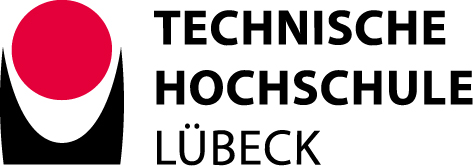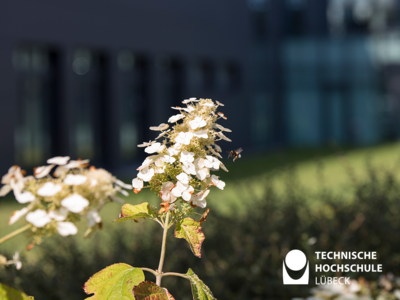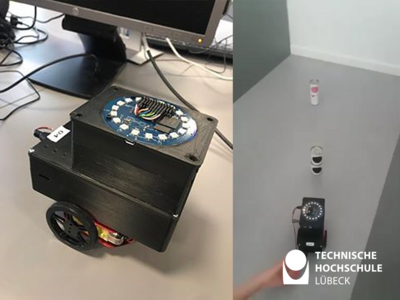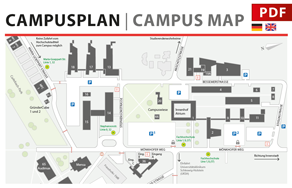Erstellt von International Office
Du hast keine Möglichkeit für ein ganzes Semester ins Ausland zu gehen und möchtest trotzdem andere Kulturen kennen lernen, dein Fachwissen vertiefen und dabei ein anderes Land entdecken? Dann bewirb dich für eine Summer School! So wie es Francisco Tahhan, Student im Masterstudiengang Mechanical Engineering, im Sommer 2020 gemacht hat. Obwohl durch die Covid-19-Pandemie die meisten Summer Schools in diesem Jahr digital stattfanden, wurde sein Kurs „Biologically Inspired Robotics“ an der Southern Denmark University (SDU) als einer der wenigen Kurse in Präsenz durchgeführt. Hier berichtet Francisco Tahhan:
Biologically inspired robotics at the SDU – Summer School
I found the summer school to be an incredible and fulfilling opportunity as an extracurricular activity. It is an experience that allows meeting different people and places while offering the opportunity to enrich our scientific knowledge.
In terms of organisation, I must say that the support offered by the Technische Hochschule Lübeck is fascinating. As a student, opportunities like this can often be missed due to lack of money, but the TH facilitates access not only academically for students, but also monetarily – this is certainly something to be mentioned! The organisation and support for external students by the Southern University of Denmark (SDU) is also worth mentioning. Everyone is incredibly friendly and helpful, and they care about providing quality study in an attractive format as well as a pleasant time for students outside of study hours.
The course lasts for two intensive weeks of 6-8 hrs/day (or perhaps longer depending on the course). Thus, with the extra hours of sunshine that the summer offers, one can enjoy the city and its attractions in the remaining hours of the day – since basically all the work is done in class and there is no homework.
In the course, we first got a brief introduction to the basic concepts of robotics and its relationship to biology (the physics of the body parts of different animals applied to engineering problems). Then we learned about the functioning of neurons in the brain and how information is transmitted from one to the other. At the same time, we started to recreate an artificial "neuron" in Matlab to have an understanding not only theoretically but also visually – all of this during the first week.
The second week we worked in groups every day in the implementation of what we learned in the robot provided by the University. This is done with code written in C++ language.
In this course, I have learned a lot. Not only about the concepts of robotics, but also about the science of our brain (which is also very interesting). Besides, we talked about the immense solutions that nature offers us to "copy" its physics and solve problems in a more efficient way and the step-by-step process to solve a problem in robotics using neural networks.
At the end of the course, we took a quick test and received a certificate of having participated and the grade.
The course is definitely a great opportunity to have a wide insight into whatever science one chooses!
Text und Bilder der Roboter von Francisco Tahhan.
Weitere Informationen
Partnerhochschulen
